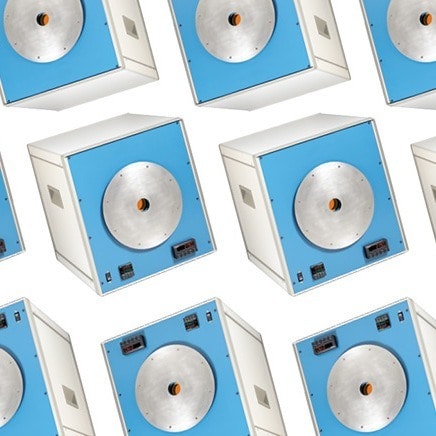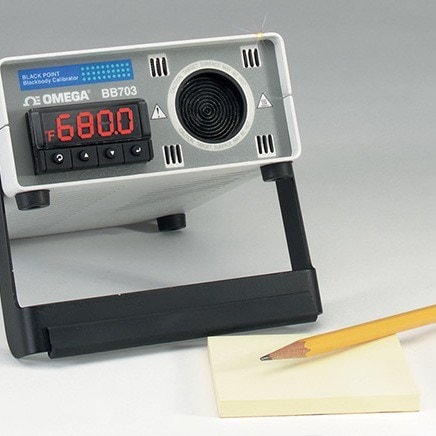Thermocouples come in three types of junctions, Grounded, Ungrounded and Exposed.
Grounded junctions have the thermocouple wires included in the tip weld so the wires are in direct contact with the sheath. This provides faster response of the thermocouple to temperature changes, however any stray electrical noise picked up from the sheath will be present in the thermocouple signal. Being a low voltage signal, this noise can cause issues in reading the thermocouple output.
Ungrounded junctions have the thermocouple wires isolated from the sheath. The response time for this type of construction will be a little slower than for grounded junctions since the change in temperature will be slightly delayed in reaching the wires. Any stray electrical noise however is not transferred to the thermocouple signal.
Exposed Junctions are when the thermocouple wires extend beyond the sheath and are exposed to ambient conditions. In this case the thermocouple responds quickly to temperature changes but are also exposed to any oxidation, corrosion, contamination or electrical noise present.
Thermocouple Materials
Thermocouples have positive and negative wires, these wires are always made of different alloys. The following wires are used for each type of thermocouple:
| Positive Wire | Negative Wire | |
| Type K | Nickel 10% Chrommuim (Chromel) | Nickel 5% Aluminum (Alumel) |
| Type J | Iron | Copper 45% Nickel (Constantan) |
| Type T | Copper | Copper 45% Nickel (Constantan) |
| Type E | Nickel 10% Chrommuim (Chromel) | Copper 45% Nickel (Constantan) |
| Type N | Nickel 14% Chrommuim 1.5% Silicon | Copper 45% Nickel (Constantan) |
| Type R | Platinum 13% Rhodium | Platinum |
| Type S | Platinum 10% Rhodium | Platinum |
| Type B | Platinum 30% Rhodium | Platinum |
| Type C | Tungsten 5% Rhenium | Tungsten 26% Rhenium |

